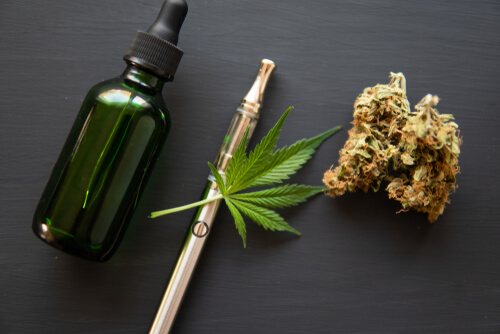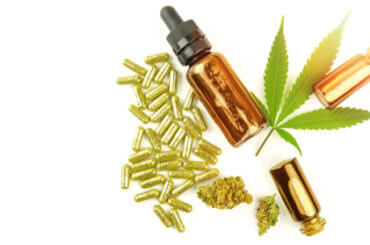
Cannabidiol (CBD) has become a popular ingredient in various products, ranging from oils, tinctures, and edibles to skincare and pet products. Its popularity stems from the many claimed health benefits, such as reducing anxiety, pain, and inflammation, among others. The CBD industry is projected to reach $13.4 billion in sales by 2028, indicating its tremendous growth and potential.
The Importance Of Correct CBD Labels
Correct labeling is crucial in any industry, and the CBD market is no exception. Consumers rely on product labels to make informed decisions about what they buy and use. Inaccurate or misleading labels can lead to unintended effects, such as allergic reactions, overdose, or adverse interactions with other medications. Moreover, incorrect labeling can undermine the credibility of the CBD industry and hinder its growth.
Bad Actors In The CBD Industry
Unfortunately, the CBD industry is not immune to bad actors who engage in unethical and illegal practices. These bad actors may include manufacturers, distributors, retailers, and marketers who prioritize profit over safety and quality. They may cut corners in the production process, use low-quality or contaminated ingredients, or misrepresent the potency, purity, or origin of their products.
Why Bad Actors Use Incorrect CBD Labels
One of the ways bad actors deceive consumers is by using incorrect CBD labels. For instance, they may claim that their products contain more CBD than they actually do, or they may fail to disclose the presence of other ingredients, such as THC or pesticides. They may also make false health claims, such as curing cancer or epilepsy, without scientific evidence to support them.
The reasons for using incorrect labels vary, but they usually involve maximizing profits and minimizing costs. By mislabeling their products, bad actors can charge higher prices, attract more customers, and avoid regulatory scrutiny. Moreover, they may exploit the lack of clear regulations and standards in the CBD industry, which allows them to operate in a legal gray area.
The Consequences Of Incorrect CBD Labels
The consequences of incorrect CBD labels can be severe and far-reaching. Firstly, consumers who rely on inaccurate labels may experience adverse effects or miss out on the potential benefits of CBD. Secondly, incorrect labeling can tarnish the reputation of the entire CBD industry and erode consumer trust. This, in turn, can lead to regulatory crackdowns, lawsuits, and negative publicity.
Thirdly, incorrect labeling can have legal implications, as it violates various laws and regulations, such as the Federal Food, Drug, and Cosmetic Act (FD&C Act), the Dietary Supplement Health and Education Act (DSHEA), and state laws on cannabis and hemp. Violators may face fines, seizures, injunctions, and criminal charges, depending on the severity of the offense and the jurisdiction.


